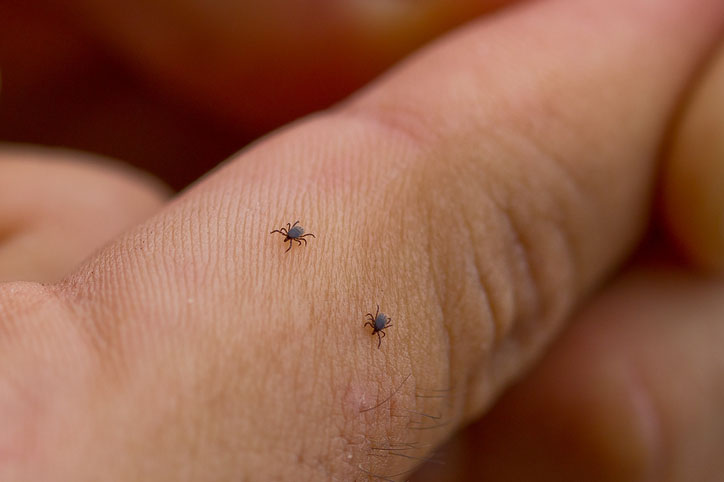The Immune System of Cats
- Immune Disorders of Cats
- The Immune System of Cats
- Disorders Involving Anaphylactic Reactions (Type I Reactions, Atopy) in Cats
- Disorders Involving Cytotoxic Antibodies (Type II Reactions) in Cats
- Disorders Involving Immune Complexes (Type III Reactions) in Cats
- Disorders Involving Cell-mediated Immunity (Type IV Reactions) in Cats
- Immune-deficiency Diseases in Cats
- Immune System Tumors in Cats
- Gammopathies in Cats
Also see professional content regarding the immune system.
The immune system consists of a network of white blood cells, antibodies, and other substances that fight off infections and reject foreign proteins. In addition, the immune system includes several organs. Some, such as the thymus gland and the bone marrow, are the sites where white blood cells are produced. Others, including the spleen, lymph nodes, and liver, trap microorganisms and foreign substances and provide a place for immune system cells to collect, interact with each other and with foreign substances, and generate an immune response.
The primary role of the immune system is to defend the body against foreign invaders or abnormal cells that invade or attack it. The immune system functions in the same way in cats as it does in dogs—and, indeed, in humans.
- Immune Disorders of Cats
- The Immune System of Cats
- Disorders Involving Anaphylactic Reactions (Type I Reactions, Atopy) in Cats
- Disorders Involving Cytotoxic Antibodies (Type II Reactions) in Cats
- Disorders Involving Immune Complexes (Type III Reactions) in Cats
- Disorders Involving Cell-mediated Immunity (Type IV Reactions) in Cats
- Immune-deficiency Diseases in Cats
- Immune System Tumors in Cats
- Gammopathies in Cats





